When it comes to gift-giving, most of us want to give something that will be appreciated and used. But when it comes to beauty and skincare gifts, sometimes it's best to steer clear of the popular choices. Here are some of the worst beauty and skincare gifts you could give this holiday season.
1: Facial Peel Masks - Worst Gift for the Skincare Lover
Skip the peel mask during this holiday season. Peel masks are known for providing instant gratification because you can watch the dead skin strips form in front of your eyes - but peel masks aren't so great when it comes to long-term results. Many dermatologists recommend avoiding peeling masks because of their harsh impact on your skin. Facial peel masks are bad for skin due to the following reasons:
> High Toxicity – There are a number of chemicals in face peels that can cause damage and irritation on your skin. Parabens, phthalates, dyes and artificial fragrances, such as synthetic musks and benzophenone derivatives, may trigger allergies or irritate sensitive areas such as around your eyes. However, scientists haven't done enough studies yet on the long-term effects of these ingredients, leaving lots of unknowns.
> Harsh on skin - Facial peel masks can be too harsh on your skin, especially if you have sensitive skin. If you leave the mask on for too long, your skin can become dry and irritated. The ingredients in peel masks can also trigger or worsen acne breakouts. That's because the acids in the peel can irritate your skin, causing it to produce more oil. And with more oil comes acne!
> Can cause chemical burns- Some acidic products used in facial peels have a pH below 3.5 which is strong enough to burn the skin if left on for too long. To heal properly, your body needs time for damaged tissues to regenerate so it's important that you don't overdo this type of treatment at home especially if you have sensitive skin
So, if you're looking for a way to improve your skin health, avoid facial peel masks. These bad boys are truly one of the worst beauty and skincare gifts you can give for the holidays. Instead, try plant-based, gentler options. We like a good clay mask finished with a rich and luxurious facial oil!
2: Mainstream Makeup & Skincare Products (Hear "Tested on Animals") - Worst Gift for the Pet Lover
There are so many reasons why you should not purchase makeup that's tested on animals. The biggest reason is that it's cruel. Testing facilities routinely subject animals to force-feeding, skin irritations, and the inhalation of products in order to test the long-term effects of cosmetics. They often even kill test subjects when experiments are completed. That's why makeup and skincare brands use the term "cruelty-free" to indicate their goods were not tested on an animal.
Another reason to avoid these products is that they can be dangerous. The ingredients used in animal testing can be harmful to humans, too. In fact, according to the National Institutes of Health, "90 percent of chemicals tested on animals are found to be toxic—and yet they're still put into cosmetics and other products." That's why we don't purchase mainstream makeup that's been tested on animals.
But how can you tell whether a product is cruelty-free? Look for the Leaping Bunny logo on the packaging. The Cruelty-Free Kitty lists hundreds of brands that are certified cruelty-free! There are also a number of vegan makeup brands that don't use any animal-derived ingredients.

If you're looking to make the switch to cruelty-free cosmetics, there are plenty of great options out there. Beauty by Earth, for instance, is Leaping Bunny certified cruelty-free. That means we routinely undergo third-party scrutiny to ensure our products never undergo animal testing of any kind. And by avoiding mainstream makeup that's tested on animals, you're doing your part to end this cruel practice once and for all.
3: Bath Bombs Filled with Glitter and Synthetic Dyes and Fragrances -Worst Gift For the Earth-Lover

Bath bombs are a fun way to add some excitement to your bath time! But slow down there before you start throwing in those rainbow, glitter balls of fizz. Many bath bomb manufacturers fill those little balls of bliss with scary stuff. We're talking synthetic dyes, glitters, and synthetic fragrances.
Let's start with glitter. Most of us know about the environmental damage glitter causes to our environment and waterways. What's less well known is the dangers of glitter itself to our bodys. Heavy metals, linked to hormone disruption, are often a key player in the pigmentation of glitters. Heavy metal exposure can lead to cancer in many ways, but it's also linked to long-term organ damage and development problems in children. Synthetic dyes and fragrances are believed to cause the most allergies.
The glitter and dyes used in bath bombs can cause rashes and other skin reactions. Additionally, most bath bombs contain synthetic fragrance which can be harmful to your health as it contains chemicals that may cause allergies or irritate the skin. It's best to avoid artificially scented products as much as possible.
They also pose a risk to the environment. As they dissolve in water, mainstream bath bombs release all those chemicals and micro-plastics into our waterways. So it’s best to just buy bath bombs that don’t have any artificial colors or fragrances and are biodegradable.

So, next time you’re looking for a fun addition to your bath time, skip the bath bombs filled with glitter and synthetic dyes and fragrances. Choose those that are made with natural ingredients and biodegradable materials to ensure a safe and healthy bathing experience. We like these beauties!
P.S. If you're a big glitter fan, fear not! Many scientists are finding new and creative ways to create eco-friendly, plant-based glitter alternatives. The future is still quite sparkly!
4: Single-Use Make-Up Wipes - Worst Gift for the Sustainability Lover
When it comes to makeup wipes, a lot of people think that the more, the merrier. But that's not always the case. In fact, when it comes to single-use makeup wipes, the more, the worse.
That's because these disposable wipes are bad for your skin in a number of ways. For starters, manufacturers often pack them with harsh chemicals that can dry out and irritate your skin. Many of them also contain artificial fragrances which can cause allergies or skin irritation.
What's more, these wipes are wasteful. They may be convenient for on-the-go use but they just create more waste when you use them once and toss them away. So if you're looking for a more environmentally friendly makeup wipe, choose those that come in a tub so you can use as little as possible and save the rest for later.
The best makeup wipes are those made with natural ingredients and organic materials that can be reused again and again. We love these bamboo beauties for their softness, effective cleaning power, and ease of use. Just chuck 'em in their laundry bag and wash away with your clothes. These kinds of wipes won't dry out your skin—and they'll be better for the environment too!

5: Makeup with Mica - Worst Gift for Friends with Kids
If you've been shopping for eyeshadow lately, chances are good you've purchased a product containing Mica. Beauty companies use this mineral (silicate of aluminum) to create that shimmer so beloved in makeup. Because of it's relatively cheap, these glittery sheets of mica are a go-to for most shimmery makeups like eyeshadow and highlighters. But here's the problem: mining mica is frequently unsafe, contributing to environmental pollution and child labor. Mica mines are notorious for exploiting child labor, with children as young as seven years old working under poor conditions for very little money.
As one source notes, "Mining mica is a labor-intensive process that requires going into narrow shafts that frequently collapse and trap children under the rocks. To find mica, children are forced to go underground, where they often find themselves in complete darkness."

That's pretty heavy. Not at all the kind of vibes we hope to spread during the "most wonderful time of the year." That's why we have to include Mica as one of the worst beauty gifts for the holidays.
The best way to avoid buying products containing mica is by reading labels carefully. If you see any ingredients ending with -mica or -ita, it’s likely the product contains some kind of mica that may have been mined using child labor. While some companies are opting for synthetic, lab-made mica, most look the other way while sourcing Mica from known child exploitative mines. So, if you want to avoid contributing to these problems, it's best to steer clear of any makeup that contains mica.
There are plenty of safe and shimmery alternatives to mica-containing products. Choose mineral eyeshadows or blushers which will give you a similar effect without the risk of child labor or environmental damage.
Chuck Those Bad Gifts, Babe.
The holidays are a time for giving, but that doesn't mean you have to give the gift of bad beauty. So if you're looking for a beauty-related gift for your friends or loved ones, steer clear of these five products: facial peel masks, animal-tested products, single-use makeup remover pads, makeup with mica, and synthetic hair brushes.
These products may be popular gifts, but they're not good for your skin or the environment. So if you want to give the gift of good beauty this holiday season, choose something that's safe and sustainable. There are plenty of great options out there—so you can rest assured when you've purchased ethically sourced, safe products!
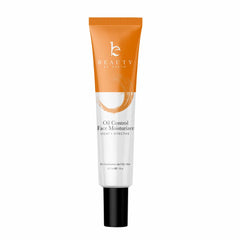
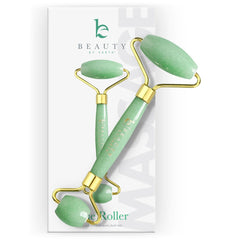

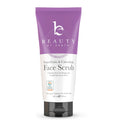
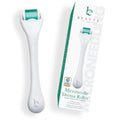

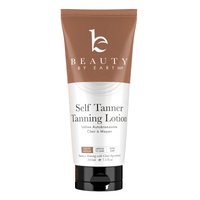
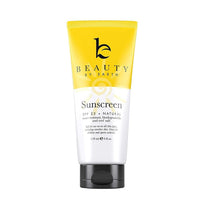
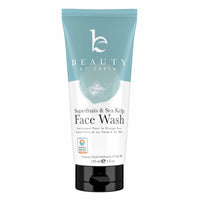
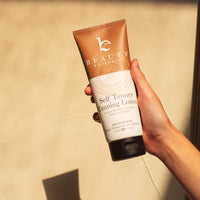
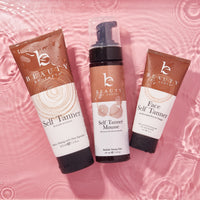
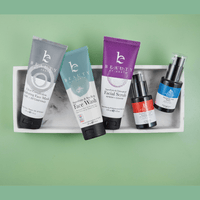
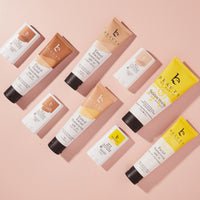
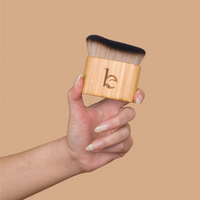
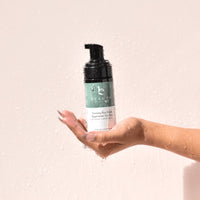
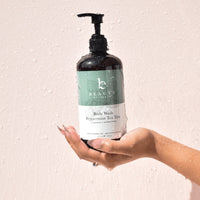
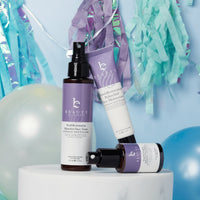
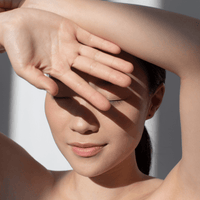

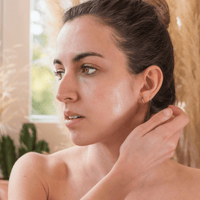
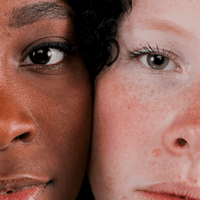

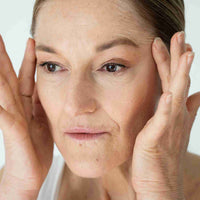
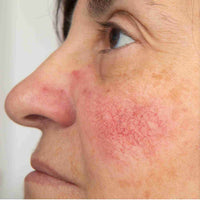







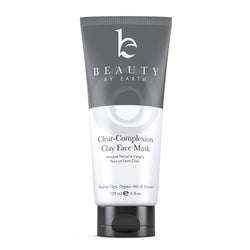
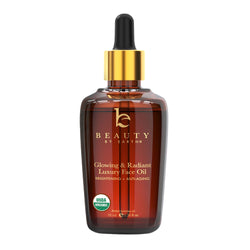
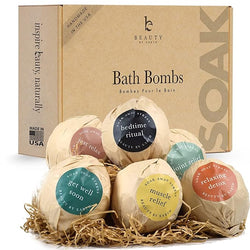





join the conversation